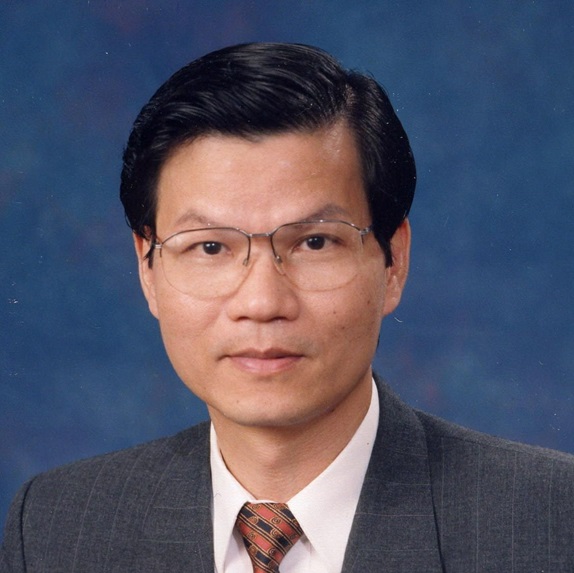SPEAKERS

Chi-Huey Wong
AFFILIATION:
The Scripps Research Institute, La Jolla, CA, USA Genomics Research Center, Academia Sinica, Taiwan, ROC
POSITION TITLE:
Scripps Family Chair Professor, Department of Chemistry
Distinguished Research Fellow, Genomics Research Center
EDUCATION/TRAINING:
National Taiwan University, Taiwan B.S. 1970 Chemistry & Biochemical Sciences
National Taiwan University, Taiwan M.S. 1977 Biochemical Sciences
Massachusetts Institute of Technology Ph.D. 1982 Organic Chemistry
Harvard University, Boston, MA Postdoc 1982-83 (Mentor: GM Whitesides)
HONORS:
1985 Searle Scholar Award in Biomedical Sciences
1986 Presidential Young Investigator in Chemistry
1993 ACS Arthur C. Cope Scholar Award
1994 The IUPAC International Carbohydrate Award
1994 Academician, Academia Sinica, Taiwan, ROC
1996 Elected Member of the American Academy of Arts and Sciences
1998 The ACS Harrison Howe Award in Chemistry
1999 The ACS Claude S. Hudson Award in Carbohydrate Chemistry
1999 The International Enzyme Engineering Award
2000 Presidential Green Chemistry Award
2002 Member, National Academy of Sciences, USA
2005 F. A. Cotton Medal for Excellence in Chemical Research
2006 The ACS Award for Creative Work in Synthetic Organic Chemistry
2008 Humboldt Research Award for Senior Scientists
2012 The ACS Arthur C. Cope Award
2014 The Wolf Prize in Chemistry
2015 The Royal Society of Chemistry Robert Robinson Award
RESEARCH INTERESTS:
Research in the Dr. Wong’s lab encompasses a broad spectrum of bioorganic and synthetic chemistry. Current interest is centered on the development of discovery tools for understanding the role of biological glycosylation in cancer progression, bacterial and viral infection, neurodegenerative disorder and immune response. Programmable one-pot synthesis as well as chemo-enzymatic synthesis of oligosaccharides and homogeneous glycoproteins, and design of glycan microarrays and glycosylation probes are among the tools being developed for the study of cell-surface glycoconjugates. The ultimate goal of Dr. Wong’s research goal is to identify novel glycan targets for therapeutic development, including the development of carbohydrate-based vaccines, homogeneous antibodies with optimized effector functions, and inhibitors of key enzymes involved in the biosynthesis of glycan targets.
The group’s main focus is to develop new tools for understanding the role of biological glycosylation in the development of diseases with an ultimate goal of developing new therapeutic strategies to combat them.
PUBLICATIONS:
List of published work in Google Scholar:
https://scholar.google.com/citations?hl=zh-TW&user=GQLirSoAAAAJ